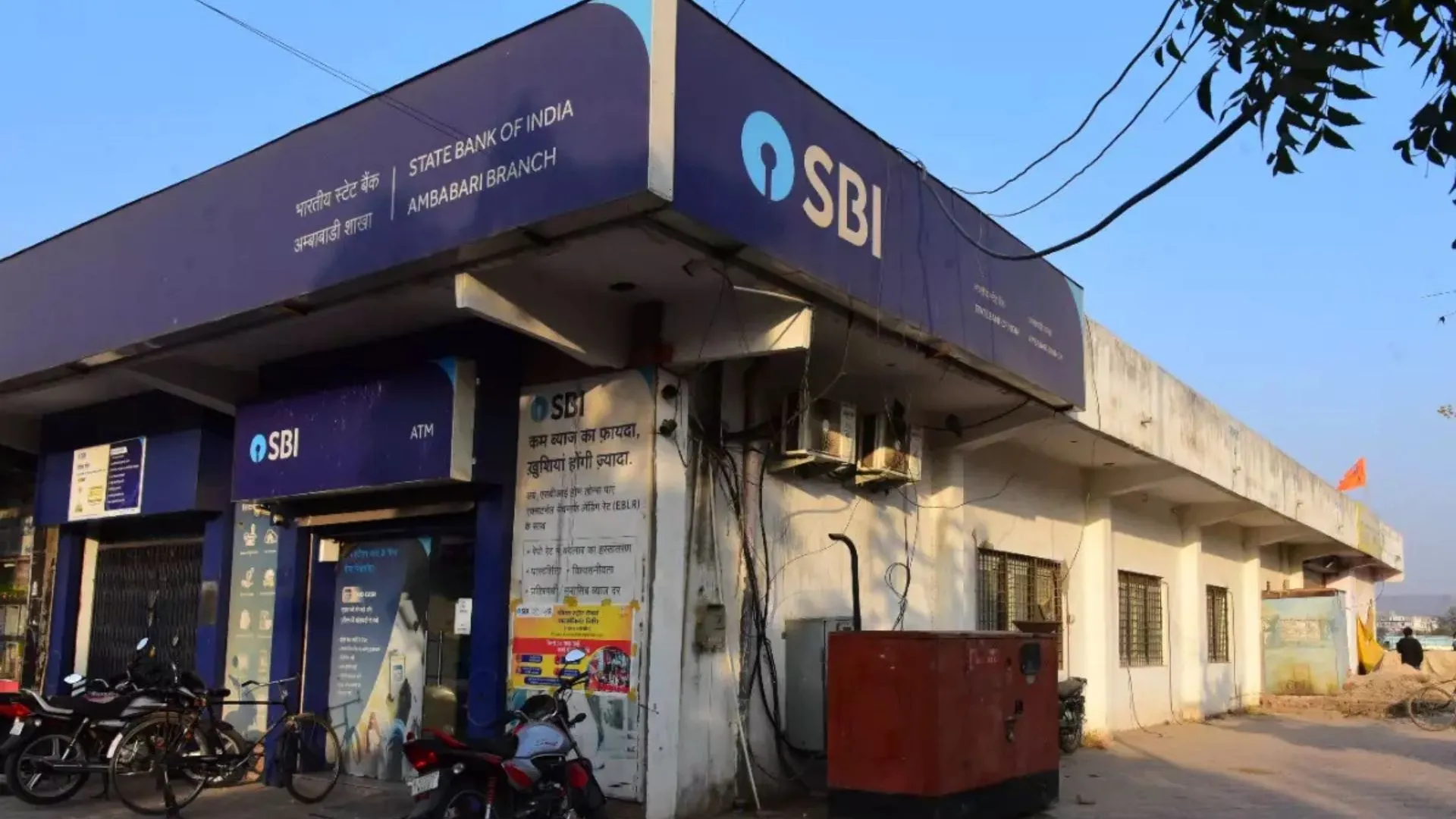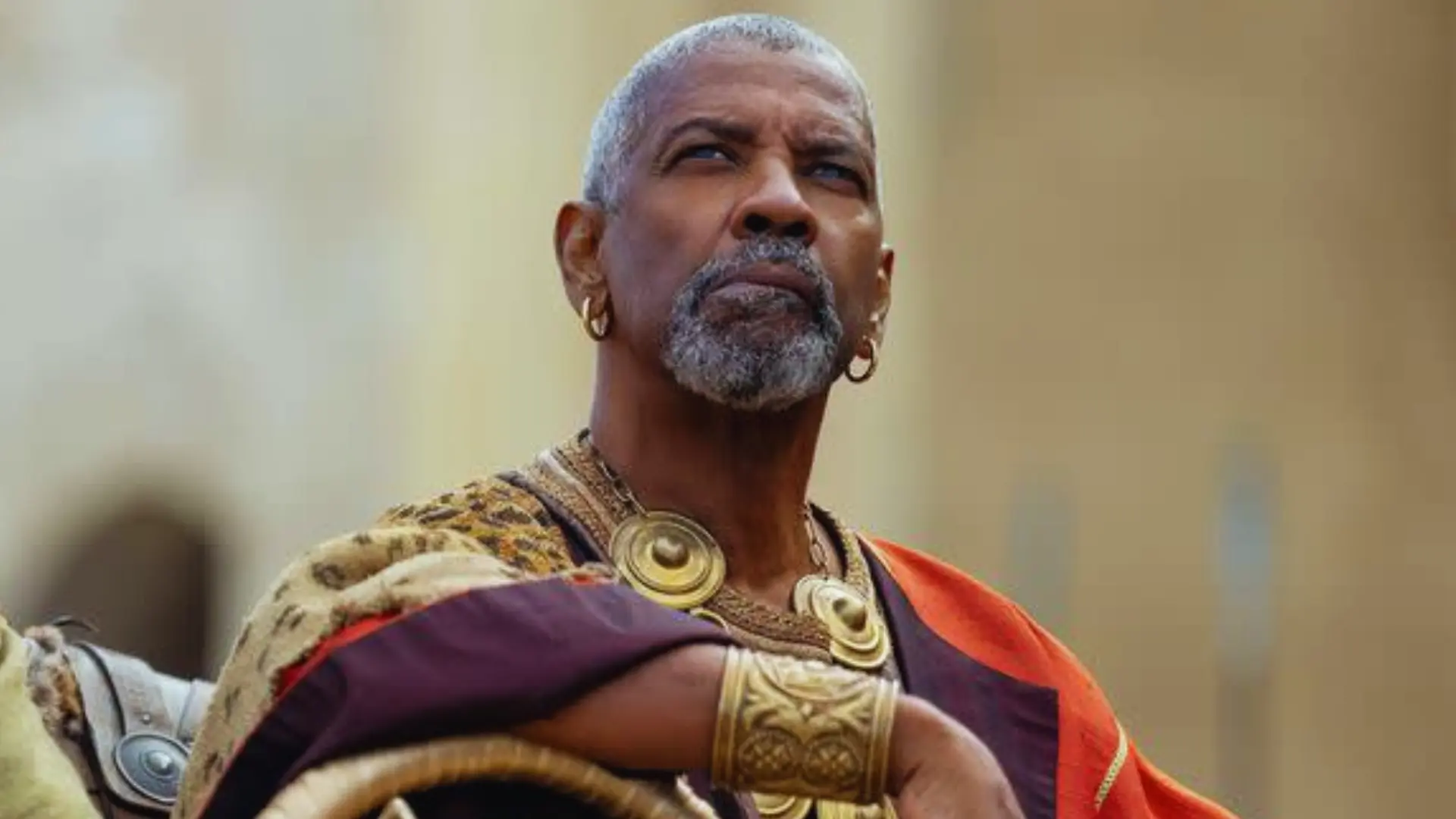In a recent development the U.S Ambassador to Lebanon has submitted a draft document concerning a truce proposal to Lebanon’s speaker of parliament Nabih Berri on Thursday. The proposal aims to de-escalate the conflict between the two armed groups Hezbollah and Israel, according to political sources.
The U.S seeks to broker a ceasefire that would bring an end to the hostilities that both the groups have committed on each other’s sides, but the effect of the efforts is yet to be seen in action.
On Thursday, US Ambassador Lisa Johnson met with Nabih Berri, a powerful Lebanese politician and an ally of Hezbollah, who for decades served as a vital lifeline in communication between Lebanon and the militant group. During the meeting, Johnson presented Washington’s first written proposal in several weeks, two senior Lebanese political sources said.
Details of US Proposal Classified
The U.S. plan remains under draft form, and the U.S. has sought input from the Lebanese side before finalizing. “It is a draft to get observations from the Lebanese side,” one of the Lebanese political sources said, but would not elaborate more on details of the paper it presents. No official reaction has been given by the U.S. Embassy in Beirut on the nature of the proposal so far.
Proposals Focus on Reinforcing Framework of Existing Truce Framework
In the wake of the increased hostilities across borders, the diplomatic efforts that have been ongoing have been channeled toward reinforcing the resolution passed by the UNSC, which put an end to the June 2006 Hezbollah-Israel conflict, mandating southern Lebanon to be arms-free outside the control of the Lebanese government.
Several leaked draft proposals in the last weeks propose the creation of a monitoring body, maybe involving more than one country, to codify the implementation of the resolution. On the other hand, Lebanese officials have strongly supported the enforcement of UNSC 1701 as the de-escalation solution, but they have been rejecting any sense of enforcement by the state of Israel directly.
Lebanese Rejection of Israeli Enforcement
One of the concerns deeply buried beneath the surface of the negotiations is that Israel demands an unstated right to retaliate against Hezbollah if either the latter is technically in breach of the terms of the truce or if Hezbollah became some kind of threat to Israeli security. Lebanese officials have, however opposed any such notion that sounded like it was demanding direct Israel enforcement of the terms and conditions of the truce.
“The idea that Israel can enforce at any time is unthinkable,” one Lebanese political source said on Thursday. That alone underscores the significance of the developments, as the two nations technically are still in a state of conflict.
Both sides continue to negotiate diplomatically for reducing tensions along a shared border even as direct talks fail to yield common ground.
(Includes inputs from online sources)
ALSO READ: Protests Erupt In Paris Against Far-Right-Linked Pro-Israel Gala


















